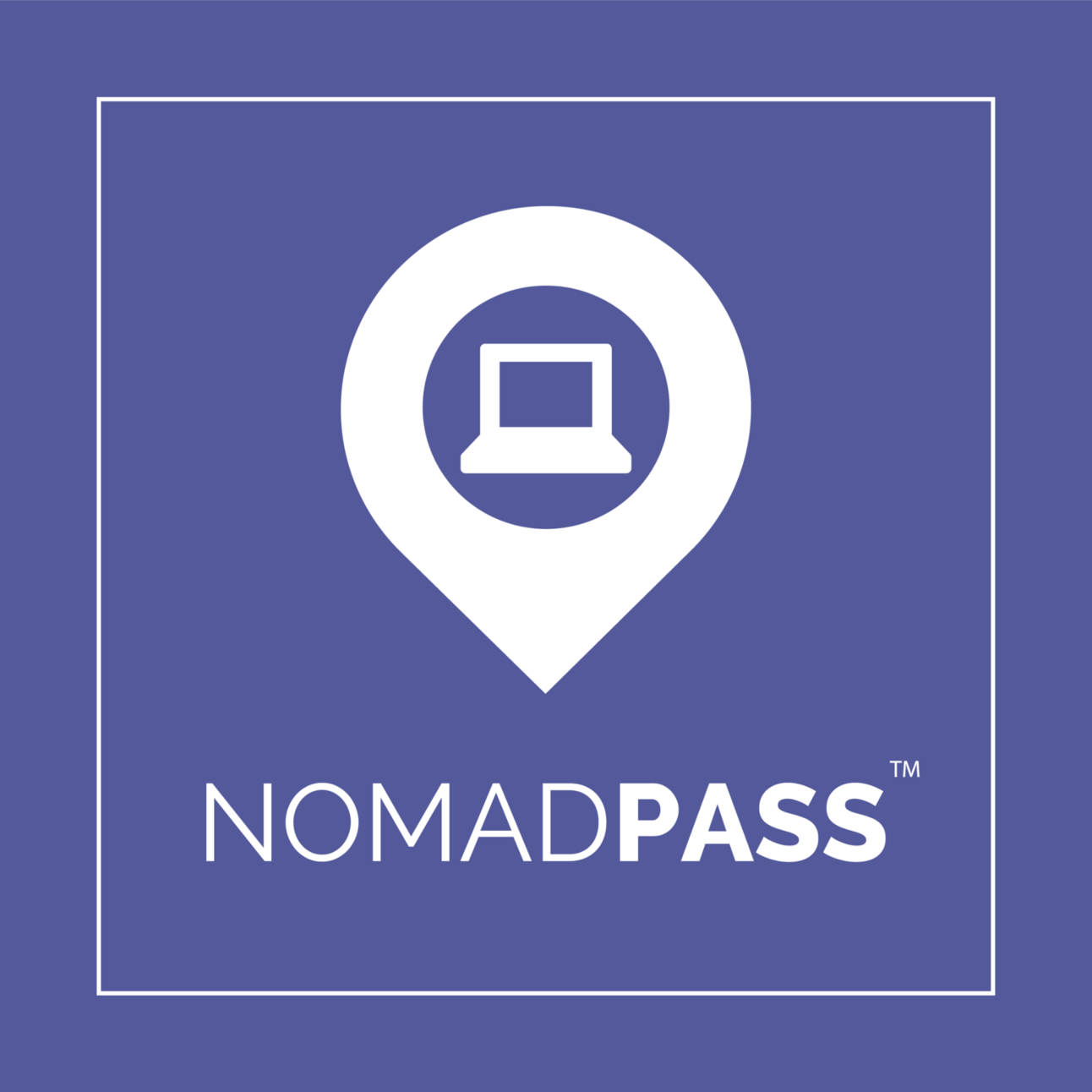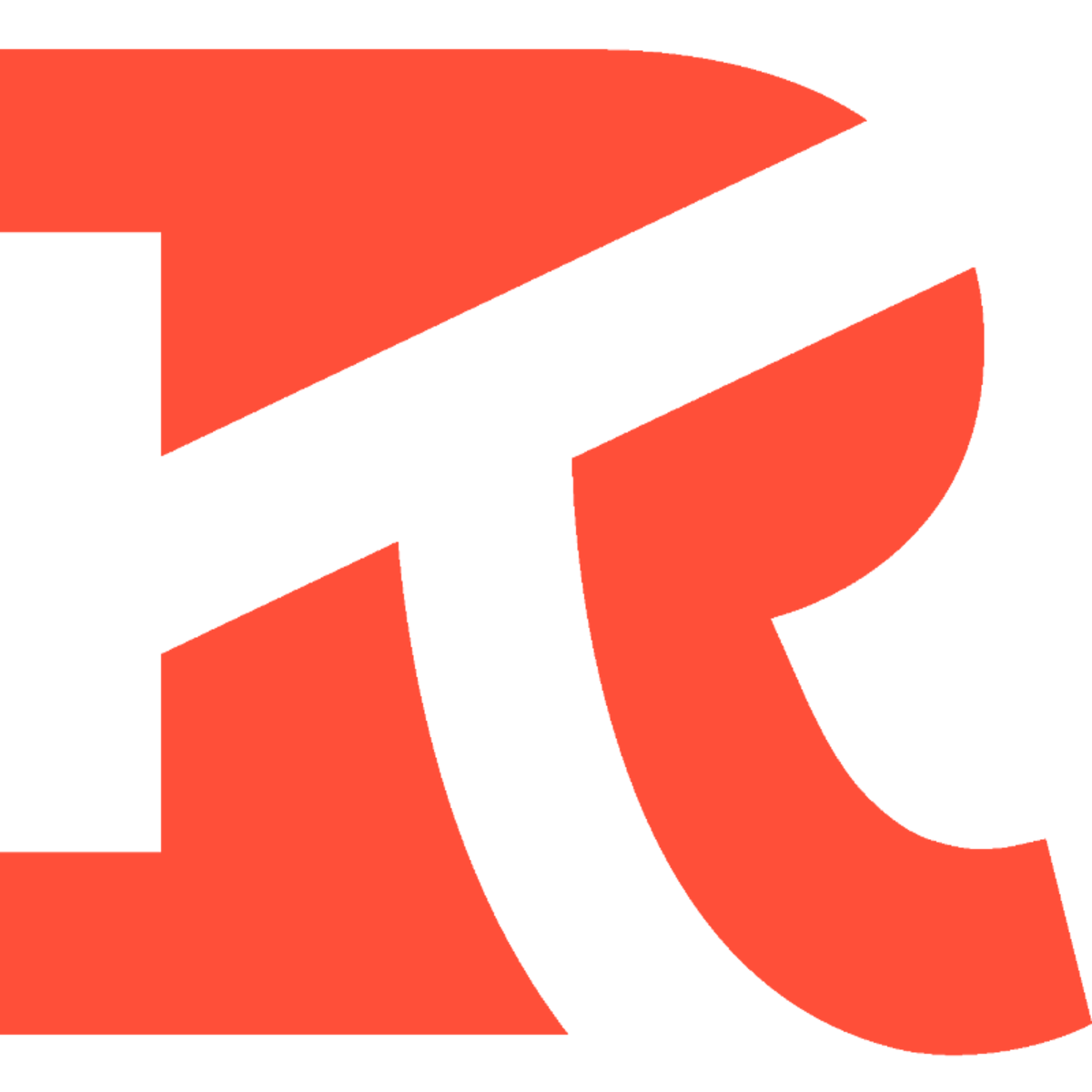The headlines haven't changed, but the tone has: many declare "remote is dead" while the other half clings to "WFH forever." Who's right? Fresh 2025 data offers clarity and a dose of reality.
According to the Indeed Hiring Lab (April 2025), remote tags appear on just 7.9% of U.S. job listings, down only a third of a point in the past year. Meanwhile, LinkedIn's Economic Graph (February 2025) shows that those remote roles, although scarce, pull in roughly 40% of all applications. That's 5X their share of postings. In other words, supply has cooled, but demand hasn't budged.
Zoom out further and the story sharpens: WFH Research and a February 2025 NBER paper report that 25% of all paid U.S. workdays still happen at home, a number that's held steady since 2023. Nick Bloom calls this the "hard floor" of remote work.
Experts agree: remote hasn't disappeared—it's matured. Bloom says the curve has "flattened, not fallen."
How can that be with all the RTO headlines? The delta is explained by a widening compliance gap. CEOs issue mandates, but managers enforce them, and many are choosing to look the other way to retain talent. ZipRecruiter's Julia Pollak adds that remote wage premiums are still holding firm, a compelling sign that remote-first companies are committed to attracting top talent.
In short, rigid models aren't winning; they're donating their top people to more flexible employers.
Fewer remote-only job ads don't signal a retreat. They reflect market weakness in remote-friendly sectors like tech. Hybrid is now a baseline strategy for reducing overhead and broadening access to talent. For companies that value high-caliber talent, remote is becoming a common-sense choice.
For remote workers, the takeaway is simple: remote roles are competitive—and worth it. Sharpen your async skills. Learn to document your outcomes. And filter for companies that tell you how they work, not just where they work.
The data is clear that remote is a competitive advantage. Big tech CEOs can tell journalists otherwise, but they can only swim against the current for so long.
The window to land a remote seat is narrower, but the view once inside is wider than ever.
Jim is the founder of Remotivated, a certification platform that recognizes and celebrates exceptional remote work cultures. After remote work transformed his career perspective, he left fintech to focus on re-energizing the remote movement by helping organizations build thriving distributed teams and attract top talent through authentic cultural recognition.


THRIVE STORE
Rock Your Remote Life
Show the world how you work on your terms! Our exclusive merch celebrates both your remote lifestyle and local community pride.

RESOURCES
Cool newsletters you’ll love 🥰
🪴 The Healthy Growth Letters : Actionable tips, stories, and practical frameworks to help you build a wellness-based life
🧑💻 Big Desk Energy : Startup insights, stories, and vibes sent to your inbox every Tuesday
🏎️ B2B Marketing With AI : The latest AI tools, prompts, tutorials, and case studies for busy CMOs, and marketing professionals
New Partner: Nomad Pass
Redefining how teams work, connect & thrive in today’s distributed world.
In a world where hybrid and remote work is the norm, ways of working, culture, and connection, can’t be left to chance.

Nomad Pass™ helps modern leaders build strong hybrid-remote cultures and design high-impact team retreats that drive real connection, engagement, and well-being.
Their advisory programs focus on culture strategy, ways of working, team dynamics, and mental fitness—helping distributed teams thrive.
🎁 Exclusive for Thrive Remotely readers:
✅ 10% off 2025 Team Retreats in Italy 🇮🇹
✅ Free strategy consult on hybrid/remote work enablement & team culture



